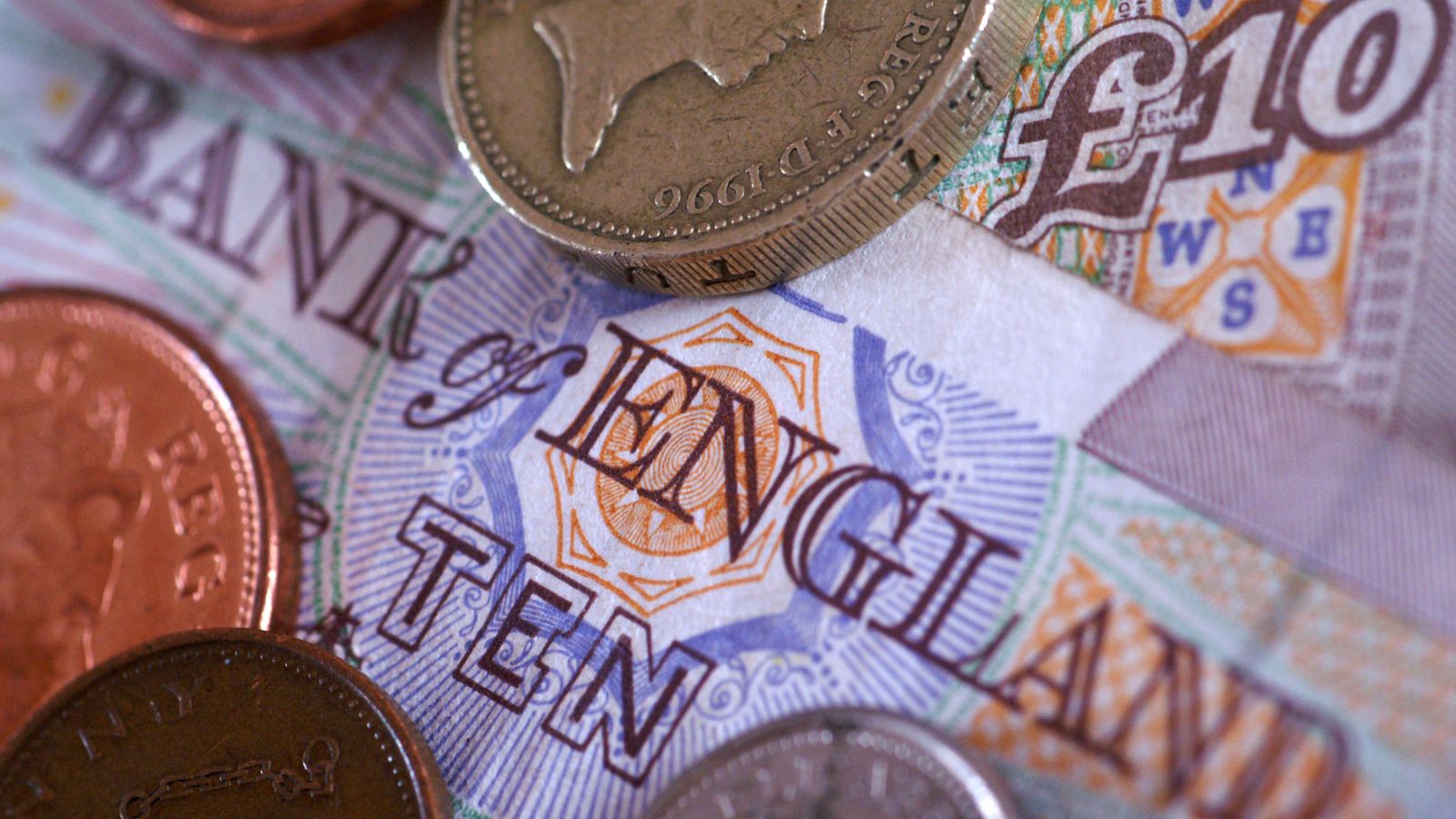The voluntary real living wage – paid by more than 14,000 companies in the UK – is to rise by 10% as low-paid workers continue to struggle with the cost of living.
The Living Wage Foundation, which sets the rate, announced it would increase to £12 across the UK, except for in London where it will go up to £13.15.
More than 460,000 workers aged 18 and over will benefit from the rise, which comes into effect on Tuesday, although bosses will have six months to implement the changes.
Companies can opt in to the scheme, which launched nationally in 2011, with major employees such as Aviva, Burberry, Ikea, KPMG and Nationwide among those involved.
The foundation said the pay increase would provide a “lifeline” for many employees that are continuing to struggle with “stubbornly high prices”.
It compares to the current National Living Wage, which is set by the government every April, of £10.42 an hour for those aged 23 and over.
Chancellor Jeremy Hunt announced earlier this month he planned to raise the statutory rate to at least £11 an hour in 2024 following a recommendation from the Low Pay Commission.
The Living Wage Foundation said a full-time employee on its rates would earn £3,081 a year more than someone on the current government minimum, or an additional £5,323 in London.
Its recommendations are regularly reviewed and independently calculated based on the cost of living in the UK, including the price of goods, travel, taxes, benefits and childcare expenses.
Read more from business:
Least and most affordable places to rent revealed
Rail ticket office closures will go ‘too far, too fast’
City minister to convene banks for first-time buyer summit
Living Wage Foundation director Katherine Chapman said: “As inflation eases, we cannot forget that low-paid workers remain at the sharp end of the cost-of-living crisis.
“Low-paid workers continue to struggle with stubbornly high prices because they spend a larger share of their budget on food and energy.
“These new rates are a lifeline for the 460,000 workers who will get a pay rise.”
It comes after the real living wage was raised earlier than usual last September to £10.90 an hour across the UK and £11.95 in London.
While inflation has begun to ease in recent months, and is down considerably from its high of 11.1% last year, it still remains far above the Bank of England’s target of 2%.
Last week it was revealed that the official rate of inflation was 6.7% for the second month in a row.
The Living Wage Foundation said wage increases were urgently needed after its research indicated 50% of low-paid workers are worse off than a year ago, with more than two in five reporting that they regularly use a food bank.
Unison welcomed the move and called on the government to follow suit by increasing the pay of public sector workers.
Its general secretary Christina McAnea said: “This is good news for hundreds of thousands of low-paid workers whose employers do the right thing. That’s pay them a decent wage.”
